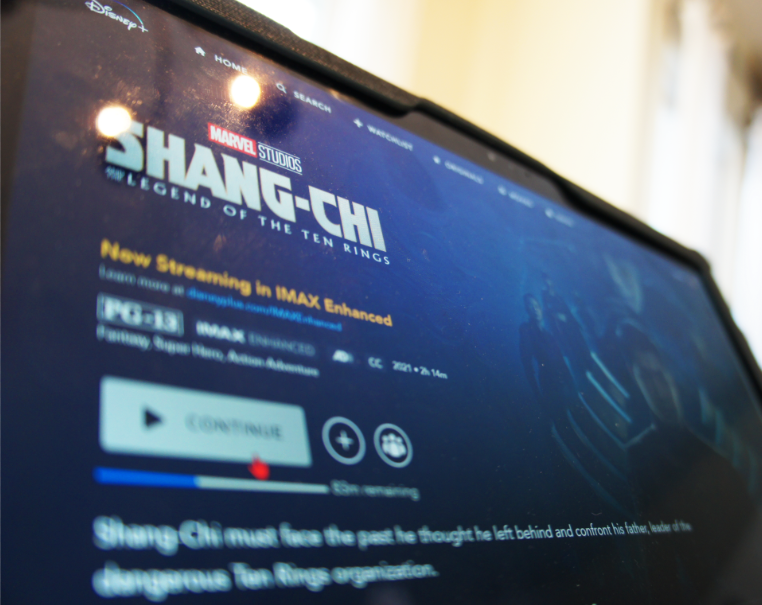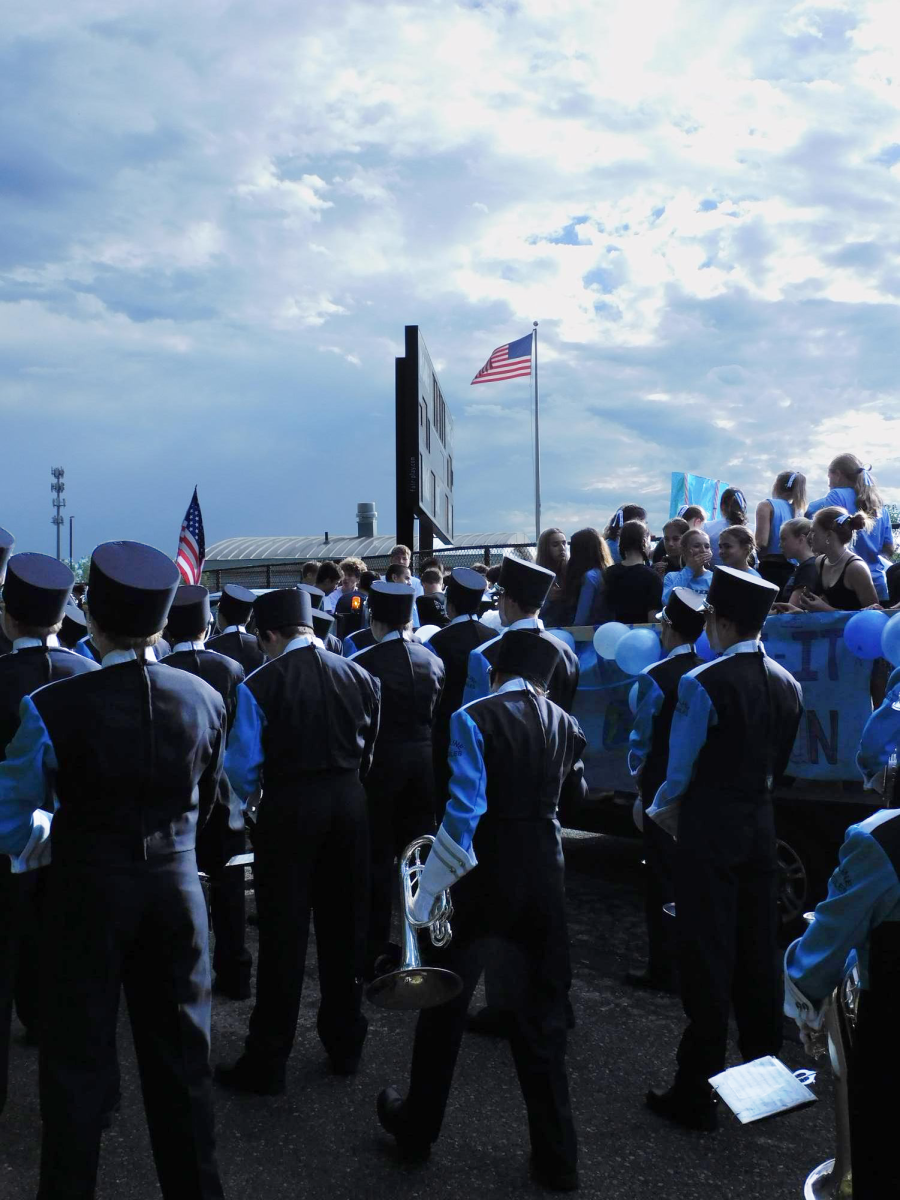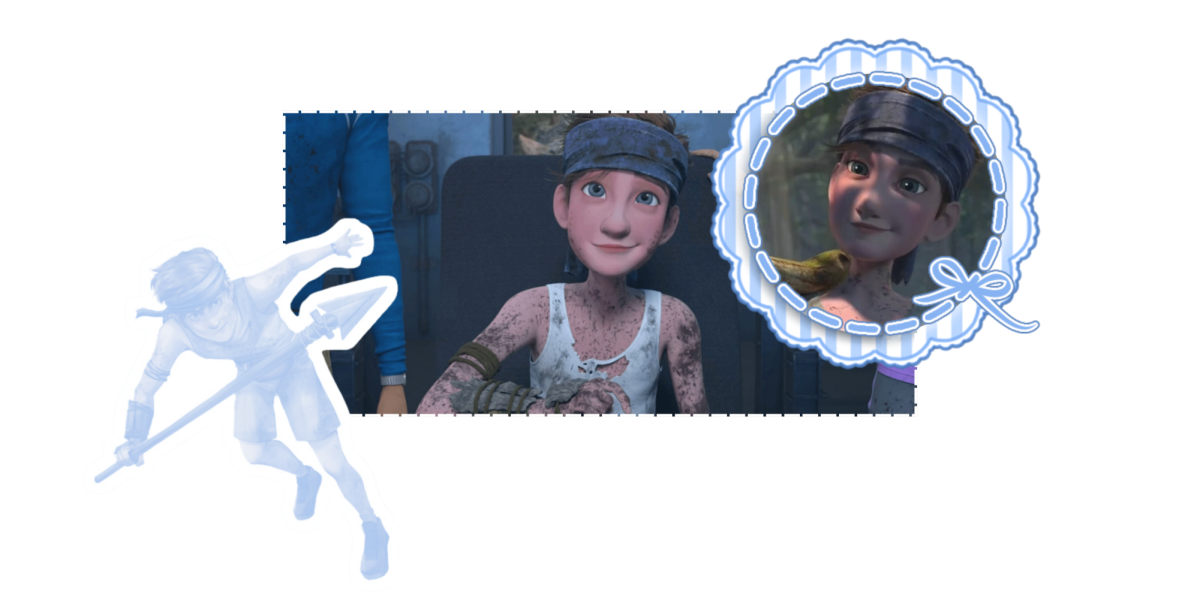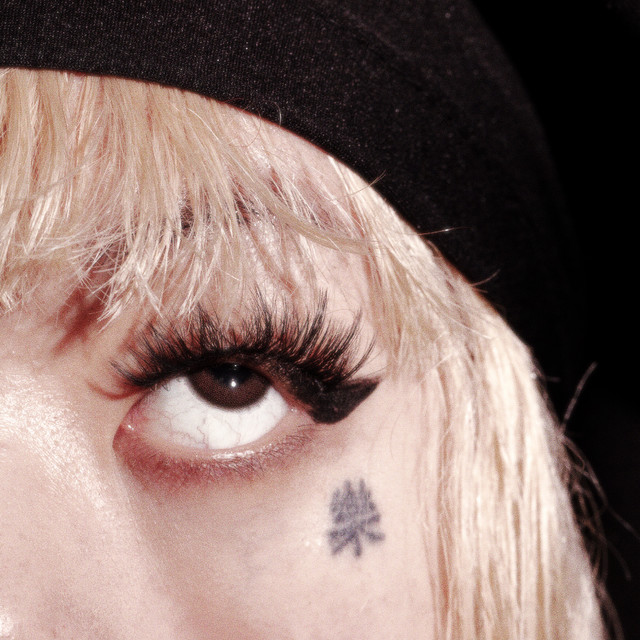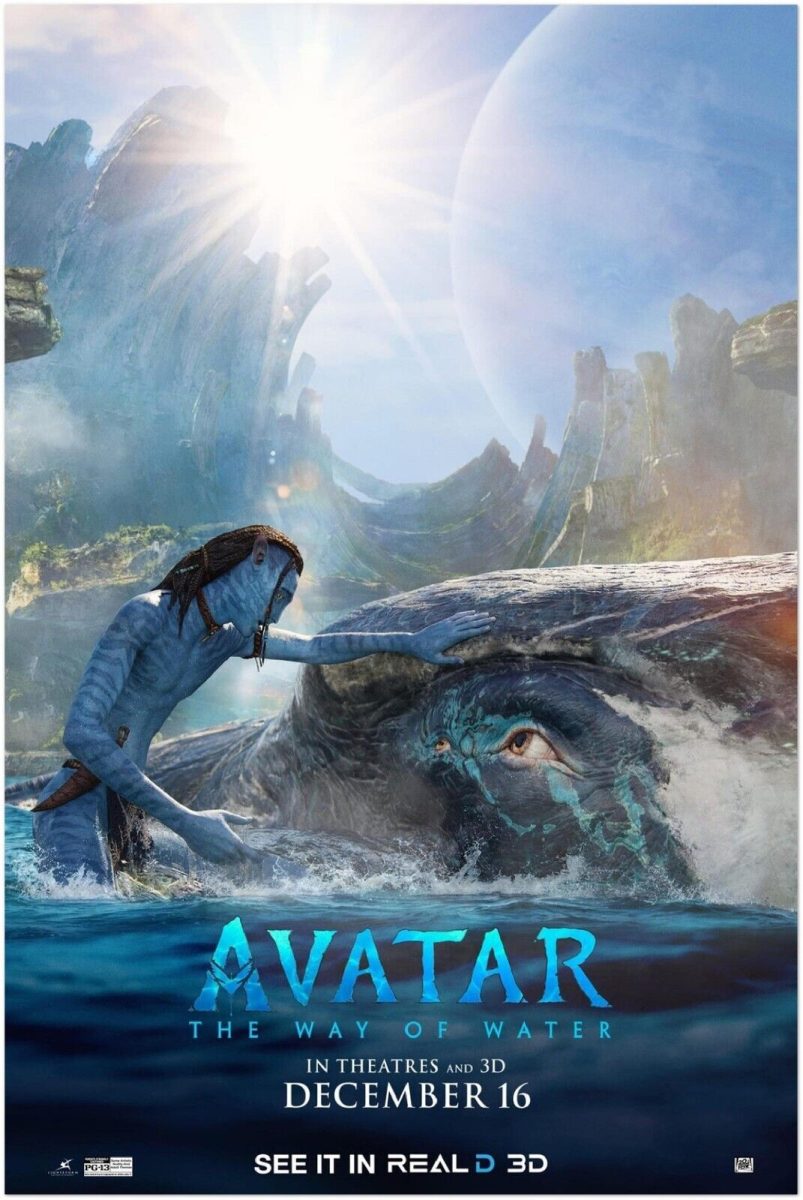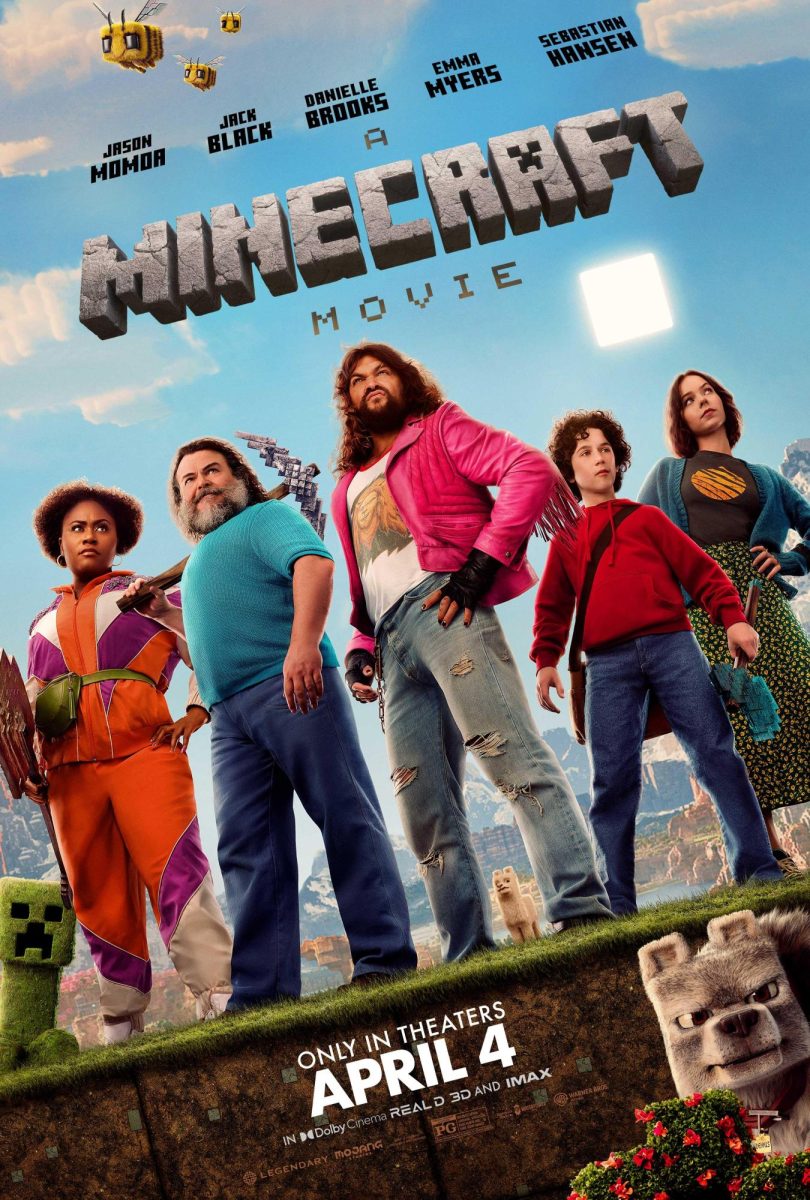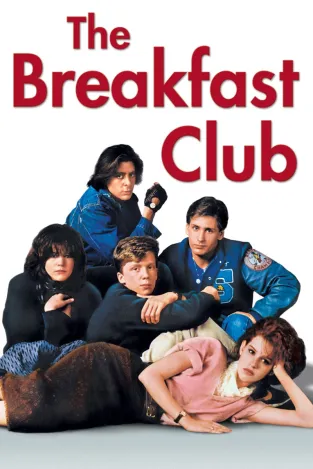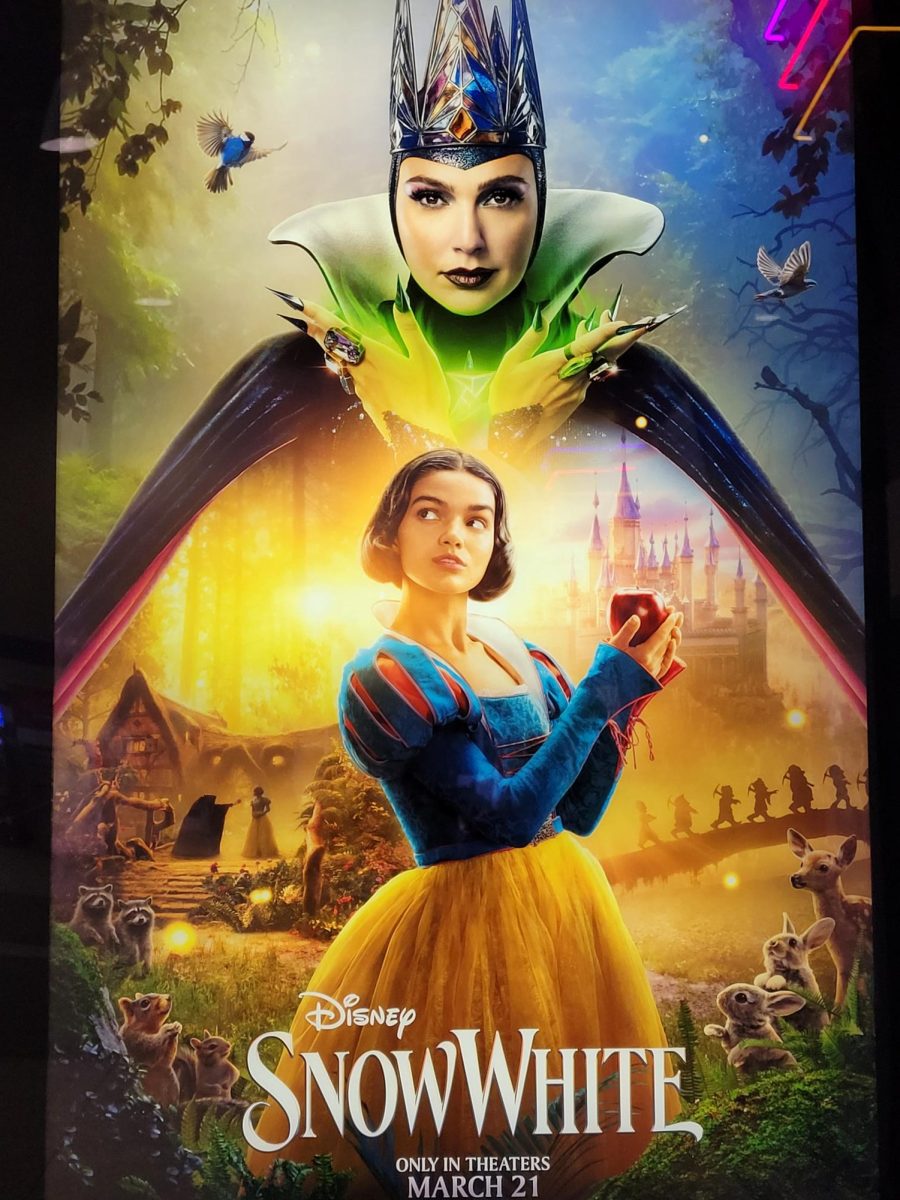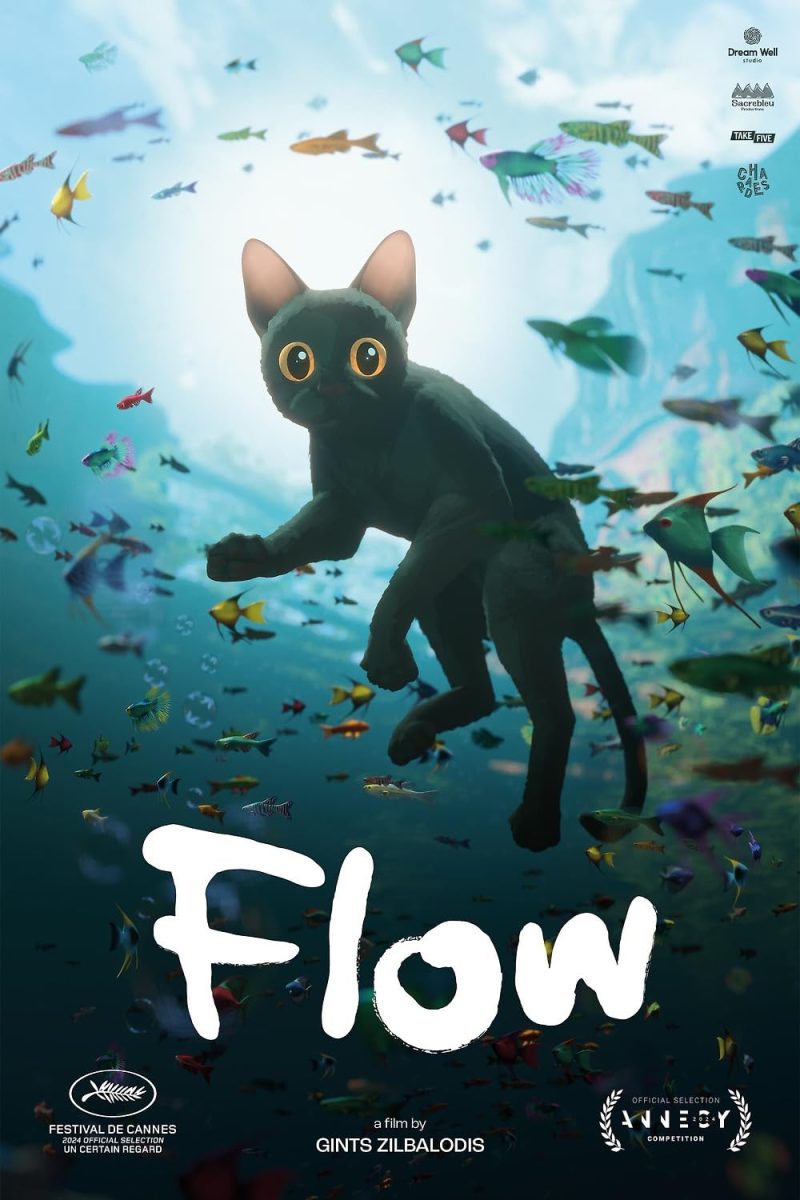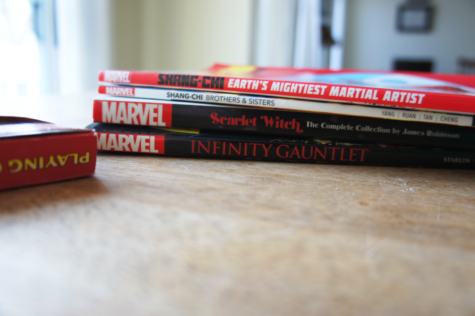 At the height of martial arts movies in the late 1960s and early ’70s, Marvel comics encouraged their team to develop a martial arts-based superhero. Steve Englehart and Jim Starlin hoped to build on the success of “Enter the Dragon” (1973) starring Bruce Lee and Jackie Chan. In 1973, Shang-Chi was born.
At the height of martial arts movies in the late 1960s and early ’70s, Marvel comics encouraged their team to develop a martial arts-based superhero. Steve Englehart and Jim Starlin hoped to build on the success of “Enter the Dragon” (1973) starring Bruce Lee and Jackie Chan. In 1973, Shang-Chi was born.
The first issue, titled “Special Marvel Edition featuring the hands of Shang-Chi, master of kung-fu,” was a success, but as more issues were released, the hero became more niche than some of Marvel’s other superheroes. Slurs and stereotypes about Asian cultures were used that were commonplace at the time of publication. For example, Shang-Chi was drawn with an extremely yellow tone and exaggerated eyes. His opponents catcalled him with racist, anti-Asian terms like “the yellow man” or “slant eyes!”
Given the racist elements of the original comics, when Marvel revealed Shang-Chi and the Legend of the Ten Rings at San Diego Comic-Con 2019, many comic fans were concerned about how Marvel would handle the inappropriate background material. Yet, in September, the world was reintroduced to the hero and the movie opened to commercial success, quickly growing in the public rankings as one of the best movies Marvel has ever released.
In some Asian-American communities, the film provided a real sense of representation, similar to that of Black Panther with Black representation. “It was cool to see someone of Asian descent as a lead on the big screen,” says Grace Lee, Junior and President of the Asian American Youth Club at Skyline., “They did a good job at representing every character in the best way possible.”
In another article reviewing Shang-Chi, Rachel Lee, a writer for the Badger Herald, wrote “it was a refreshing break from past depictions and hopefully a step towards even more multi-dimensional, varied and interesting Asian characters in the future.”
Shang-Chi’s plot revolves around a martial arts master who is confronted with his past and his relationship with his father. Now he must track down his father and the Ten Rings organization, which is run by his father, to figure out what he is up to. This storyline does not appear in the comics, but certain elements and characters do.
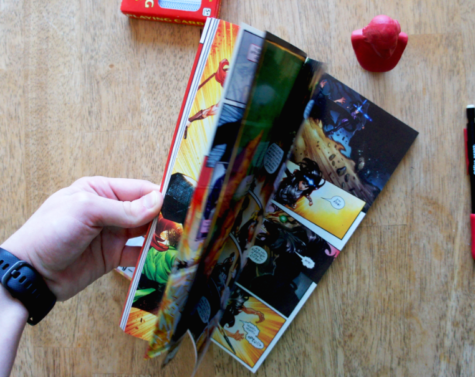 Shang-Chi’s father in the comics is Fu Man Chu (pronounced Foo Man Chew), a feared leader in the Marvel universe and pop culture. In the first half of the twentieth century, Fu Man Chu had a huge problem with white film actors dressing up in yellowface to play the character. However, in the film, we meet Tony Leung’s character, Wen Wu (pronounced When-Woo), also known as “The Mandarin.” Although based on Fu Man Chu, Wen Wu is also based on the Mandarin, a completely different character in the Marvel comics whose first issue was “Tales of Suspense” (issue 50).
Shang-Chi’s father in the comics is Fu Man Chu (pronounced Foo Man Chew), a feared leader in the Marvel universe and pop culture. In the first half of the twentieth century, Fu Man Chu had a huge problem with white film actors dressing up in yellowface to play the character. However, in the film, we meet Tony Leung’s character, Wen Wu (pronounced When-Woo), also known as “The Mandarin.” Although based on Fu Man Chu, Wen Wu is also based on the Mandarin, a completely different character in the Marvel comics whose first issue was “Tales of Suspense” (issue 50).
In the comics, The Mandarin possesses the power of the ten rings, each with its own set of abilities ranging from shooting fire blasts to changing matter at the atomic level. These rings were actual rings, but in the films, they were changed to more bracelet-like weapons. And, instead of individual powers, the wearer of the rings gained strength, agility, and eternal life. The transition from rings to bracelets is not entirely clear. However, it is possible that the rings were changed to look more like bracelets so that audiences didn’t confuse them with the infinity stones, which were the focus of the previous three phases of the Marvel Cinematic Universe.
Although Shang-Chi’s origins are problematic, it is incredible to see the character emerge from the shadows of its niche comic universe and have such a successful impact.
There are many online comic resources where readers can find Shang-Chi’s original comics if you want to see more of his story. In addition, there was a new run of Shang-Chi in 2020 by Gene Yang, Philip Tan, and Dike Ruan. The first volume, “Brothers and Sisters,” is available at the Ann Arbor District Library.

